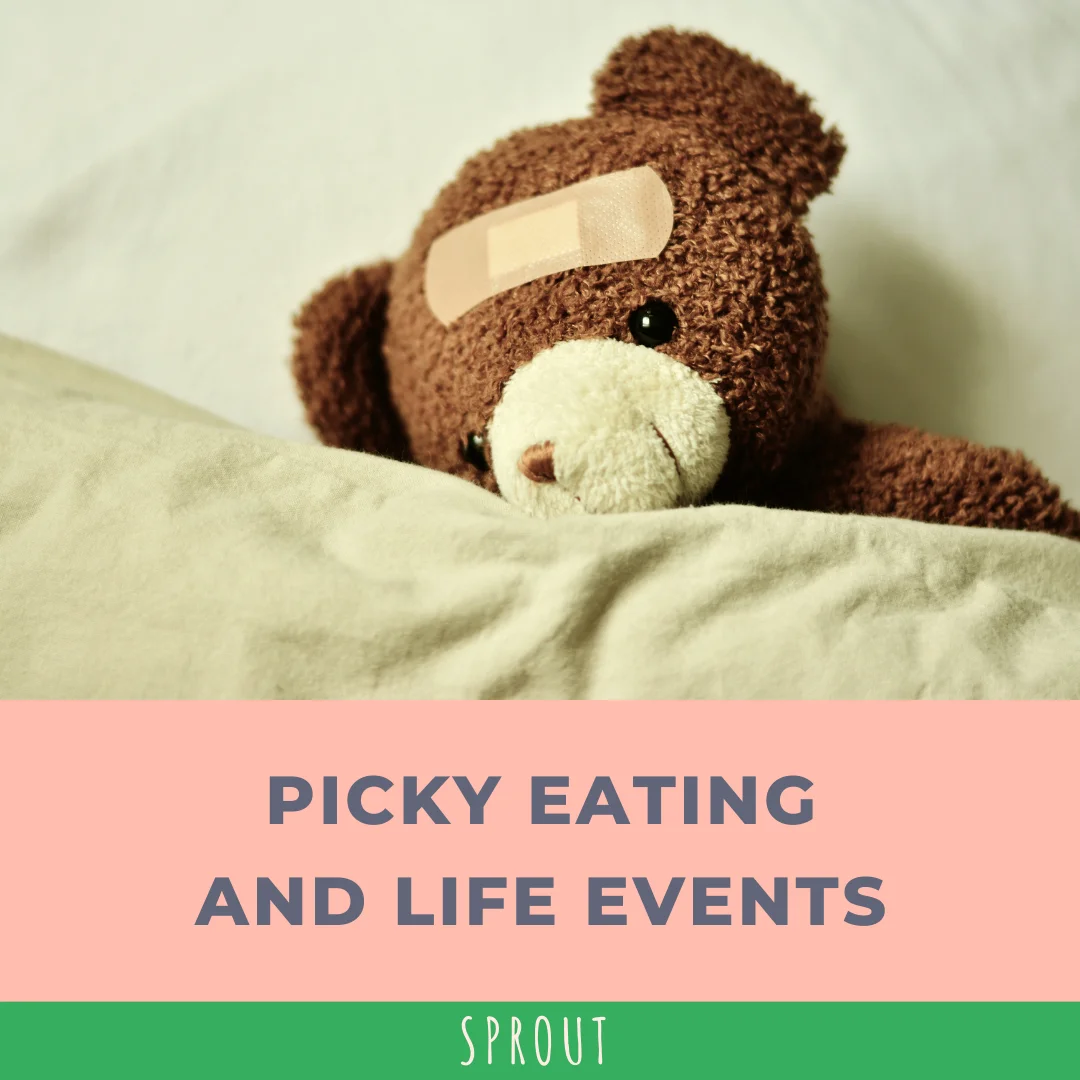Introduction
Are you worried about your child’s picky eating habits? Ever thought, “Is picky eating a problem in my child?” Do you find yourself wondering if their eating is affecting their growth or overall health? As a parent, it’s natural to have concerns about your child’s eating habits, but it’s not always clear whether or not they are cause for alarm. In this article, we’ll help you decode whether your child’s eating is a problem that needs to be addressed or just a normal part of growing up. We’ll explore a few topics, from nutrition and growth to eating skills and the emotional impact on parents and the family. By the end of this article, we hope to give you the tools and knowledge you need to navigate your child’s eating habits and get the support you need. In tandem with this blog post – try our Free Picky Eater Quiz to find out more about the impact of your child’s picky eating.
Does picky eating cause nutritional deficiencies?
It’s not uncommon for parents to worry that their child’s fussy eating habits are impacting their nutrition, weight or growth. However, it’s important to remember that children’s eating can be unpredictable and may not always follow a set pattern. It’s normal for children to have days where they eat a balanced meal and days where they eat less of one or more food groups. Fluctuations in weight and growth percentiles are also common, and not always cause for concern. However, if your child consistently avoids one or more food groups, such as fruits or vegetables, or dairy/calcium-rich foods, this may impact their overall nutrition. Additionally, significant decreases or increases in weight or growth percentiles over a short space of time may be a sign that there is a problem that needs to be addressed.
While it’s important to consider what your child is eating, don’t forget to look at the child in front of you! If your child has plenty of energy, is meeting developmental milestones, is generally content and seems well, then it’s likely that their eating habits aren’t causing any significant issues. Additionally, if your child is active and engaging in physical activities, this is a good sign that they are getting the nutrition they need to fuel their body. So, while it’s important to keep an eye on your child’s eating habits, try not to get too fixated on food alone. Remember to take a step back and look at the bigger picture. Of course, if you have any concerns, don’t hesitate to speak to a healthcare professional.
What else causes problems with picky eating?
Eating challenges are not always just about nutrition but can also impact a child’s ability to participate in day-to-day activities. That’s why it’s important to consider your child’s eating skills. Are they able to feed themselves or do they rely on others to feed them? Can they handle a variety of different textures or are they limited to one or two consistencies? Can they join a table where others are eating, or do they avoid social food situations? These are all worthwhile factors to consider when evaluating your child’s eating. If your child is struggling with these skills, it may be a sign that their eating is a little bit more than “typical toddler eating” and that there may be a problem that needs to be addressed. By understanding and addressing these challenges, you can help your child develop positive eating habits and enjoy mealtimes with the rest of the family.
Should you be worried about your child’s eating?
Trust your gut – how you feel about your child’s eating can be a big indicator as to whether or not there is a problem. If you find yourself constantly worried about your child’s eating, or if it takes a lot of extra planning, preparation, and thought, it may be a sign that there is an issue that needs to be addressed. Additionally, if your child’s eating is on your mind a lot, or if it’s keeping you awake at night, this is a good indication that you and your child may need some extra support. Feeding your child is a complex and emotional process, and it’s normal to feel overwhelmed at times. However, if your emotions are constantly changing depending on whether or not your child has eaten, this can take its toll on you. If you feel a knot in your stomach every time your child refuses food, and extremely relieved every time they eat – acknowledge that this emotional rollercoaster can be exhausting. A little support with your own feelings about feeding can go a long way. When you’re more relaxed – your child can relax more too! There’s more about whether you should worry about fussy eating in our next article.
What’s the impact of picky eating on family life?
Feeding challenges can be extremely stressful and can sometimes take a toll on family relationships and activities. If the stress around your child’s eating is getting in the way of having fun as a family, it may point to your child’s eating being a problem. Additionally, if your child’s eating habits mean that you avoid going on holidays, taking them to parties, or eating in restaurants, this may be an indication that there is more going on than just “fussy eating”. Feeding challenges can be complex and frustrating, but it’s important to remember that you are not alone. With the right support and guidance, you can help your child experience these fun activities in a way that works for your family and doesn’t put you or your child too far out of your comfort zones.
To sum it all up... is picky eating a problem afterall?
So – there are clearly many factors to consider when thinking about whether your child’s fussy eating is a problem – and this is somewhat subjective! A child’s eating may be perceived as a problem by one parent, and the same eating behaviours may not be considered a problem by another parent. We hope we have helped you to unpick whether or not your child’s eating is a problem that you’d like to address. Firstly, consider whether your child is consistently missing one or more food groups and whether there are significant changes in weight or growth percentiles over a short period of time – as these nutrition concerns are often the biggest worry for parents. As well as nutrition, don’t forget to consider your child’s eating skills, your own feelings about feeding, and whether stress about your child’s eating is getting in the way of having fun as a family.
No matter what your child’s eating looks like, if you feel concerned you deserve support and guidance. Try our Free Picky Eater Quiz to find out more about whether your child’s eating is a problem – and how much of an impact it has on you and your family. [link to quiz]

